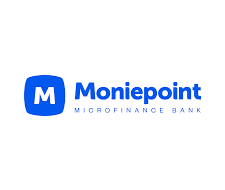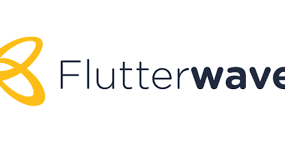Moniepoint, a leading Nigerian fintech, is making waves with an aggressive hiring spree, luring top executives from Access Bank and Stanbic IBTC. The move signals the company’s ambition to strengthen its financial services arm as it scales operations.
A Talent Migration in Motion
Since 2023, Moniepoint has significantly expanded its workforce by attracting industry veterans from major banks. Key hires include Michael Afolabi, previously acting Chief Information Security and Data Protection Officer at Oxygen X, Access Bank’s digital lending subsidiary, and Bayo Olujobi, a former Stanbic IBTC executive now serving as CFO.
According to LinkedIn data, at least 19 Access Bank employees have transitioned to Moniepoint in the past two years, with half of them joining in the last six months. Stanbic IBTC has also seen six of its professionals make the switch, including Ikenna Ndugbu, now leading Moniepoint’s compliance division.
“Moniepoint’s hiring strategy is industry-agnostic,” said Didi Uwemakpan, the company’s vice president for corporate affairs. “We believe mastery is paramount, and we’re committed to attracting the brightest minds, irrespective of their industry experience.”
Neither Access Bank nor Stanbic IBTC has publicly commented on the ongoing talent exodus.
A Strategic Play for Market Domination
While fintechs have historically poached talent from banks, Moniepoint’s latest recruitment drive stands out for its focus on senior-level hires. The company has also reportedly absorbed the compliance team from a major remittance startup, a move that aligns with increasing regulatory scrutiny from the Central Bank of Nigeria (CBN).
The fintech’s ambitions are further underscored by its recent strategic investment from global payments giant Visa. As Moniepoint expands into areas like contactless payments and complex financial services, seasoned banking professionals with regulatory expertise will be critical in navigating this evolving landscape.
The War for Banking Talent
Moniepoint’s aggressive hiring is part of a broader trend reshaping Nigeria’s financial sector. Fintechs are leveraging high salaries and flexible work environments to lure top banking talent. Industry insiders suggest fintech firms often offer significantly higher pay than traditional banks, sometimes doubling compensation for senior roles.
This shift has forced banks to re-evaluate their salary structures. In February, Sterling Bank raised salaries by over 35% after a modest 7% increase in January failed to satisfy employees. GTBank, Union Bank, and Wema Bank have also made salary adjustments in response to the ongoing talent war.
As fintechs continue to disrupt the industry, banks face an uphill battle to retain their best employees. The competition is no longer just for customers—it’s for the minds shaping the future of financial services. And right now, fintechs like Moniepoint are winning.







No Comments